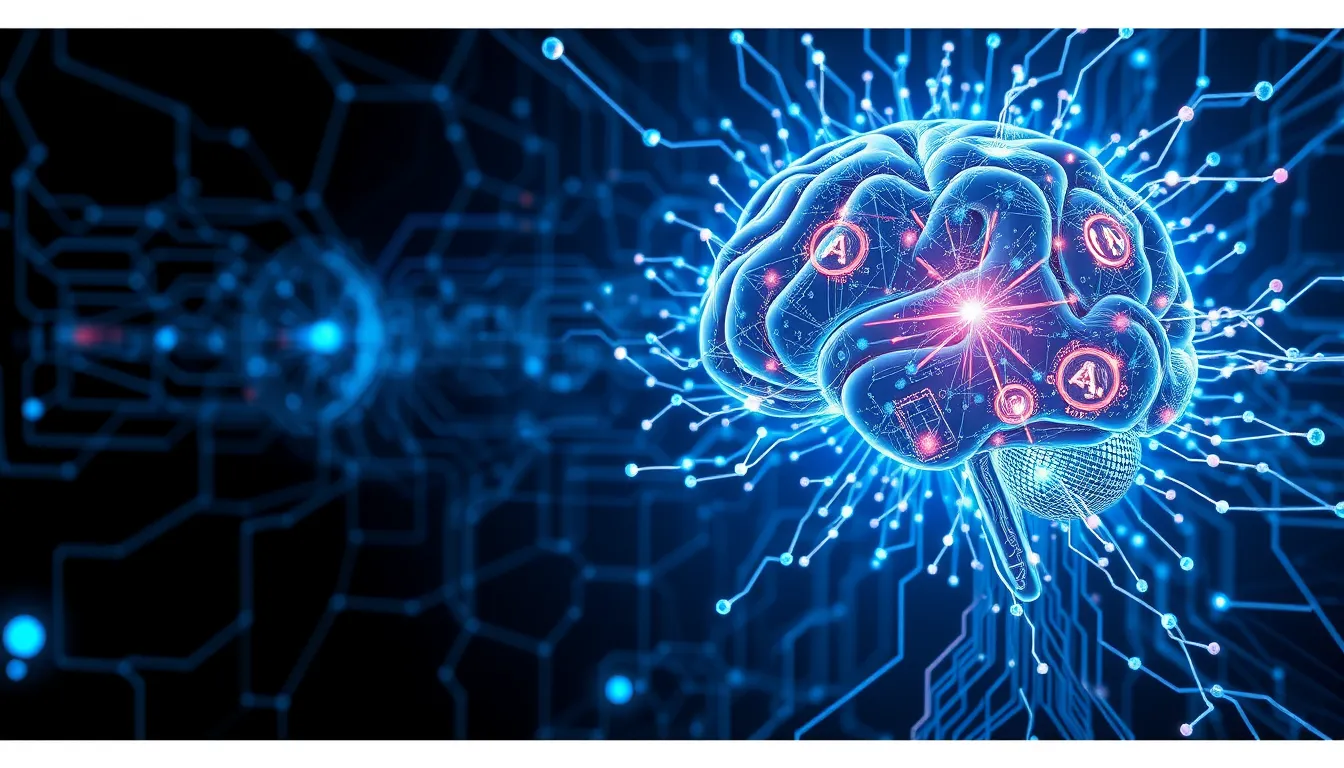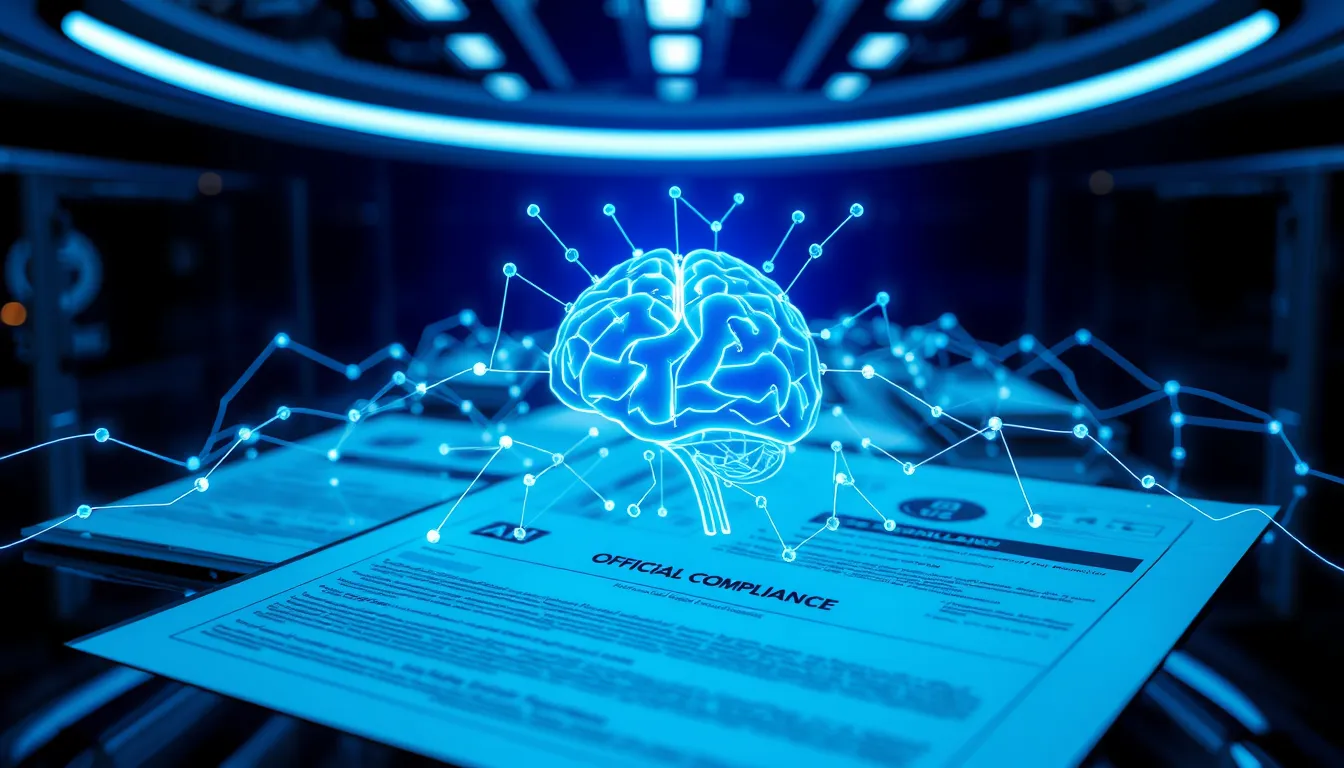Now Reading: Powerful AI in Healthcare Diagnostics: Boosting Patient Care
-
01
Powerful AI in Healthcare Diagnostics: Boosting Patient Care
Powerful AI in Healthcare Diagnostics: Boosting Patient Care

Powerful AI in Healthcare Diagnostics: Boosting Patient Care
In today’s rapidly evolving medical landscape, the integration of artificial intelligence (AI) has transformed the way we approach patient care. AI in healthcare diagnostics is emerging as a game-changer by enhancing diagnostic accuracy, streamlining medical imaging, and facilitating early disease prediction. This article explores the current innovations, benefits, and challenges of AI in healthcare diagnostics, providing insights into how these technologies are revolutionizing the field.
The Rise of AI in Healthcare Diagnostics
AI in healthcare diagnostics is reshaping the healthcare industry by introducing more precise and efficient diagnostic tools. By analyzing vast amounts of medical data, AI systems can uncover patterns that help clinicians make faster and more accurate decisions. Some key ways in which AI is impacting diagnostics include:
- Advanced Medical Imaging: Algorithms analyze radiological images to detect subtle anomalies that may be missed by the human eye.
- Enhanced Diagnostic Accuracy: AI systems, by processing diverse data sources, contribute to higher levels of reliability in diagnoses.
- Predictive Analytics: Using historical patient data, AI models assist in predicting disease outbreaks and individual patient risks.
How AI Improves Diagnostic Accuracy
One of the standout benefits of AI in healthcare diagnostics is its ability to improve diagnostic accuracy. With traditional methods, human error or subjective interpretation can sometimes lead to missed or delayed diagnoses. However, with the aid of AI, the reliability of diagnostic procedures is significantly enhanced. For example, AI medical imaging tools are capable of identifying lung nodules in chest radiographs with precision, reducing the risk of overlooking early-stage conditions.
In addition, AI leverages machine learning algorithms to continuously refine diagnostic processes. By learning from each case, these systems gradually improve their accuracy over time. This iterative enhancement is critical in complex fields like cancer detection, where early detection can make a life-saving difference.
Integrating AI Diagnostics into Healthcare Systems
Integrating advanced AI technologies into existing healthcare systems can be challenging but ultimately rewarding. Successful integration requires collaboration among data scientists, clinicians, and IT professionals. It also involves investment in robust infrastructure to store and process large datasets. When implemented correctly, AI in healthcare diagnostics can result in:
- Faster turnaround times for test results
- More personalized patient care plans
- Reduced diagnostic errors and improved patient outcomes
Healthcare providers can enhance their diagnostic procedures by partnering with technology experts and investing in AI-powered platforms. External resources such as the National Institutes of Health provide valuable guidelines and research updates on integrating AI in clinical practice.
Embracing AI for Medical Imaging and Disease Prediction
AI in healthcare diagnostics is not limited to imaging alone. With breakthroughs in AI disease prediction, healthcare professionals can now forecast the potential onset of illnesses long before symptoms become evident. This proactive approach is particularly significant in managing chronic diseases such as diabetes and cardiovascular conditions. Emerging tools for AI disease prediction are combining pattern recognition with vast arrays of patient data to deliver actionable insights.
Moreover, AI medical imaging is transforming radiology by automating routine tasks such as image segmentation and abnormality detection. Radiologists are now able to focus more on complex cases since AI handles the preliminary analysis. This collaboration between human expertise and machine efficiency is fostering a new era of diagnostic precision.
Challenges and Considerations in AI Diagnostics
While the advantages of AI in healthcare diagnostics are numerous, there are also important challenges to consider. These include:
- Data Privacy: Safeguarding patient data in AI systems remains a top priority.
- Integration Barriers: Technological and administrative hurdles can slow down the integration of AI tools into legacy systems.
- Regulatory Compliance: Ensuring that AI diagnostic tools meet regulatory standards is essential for widespread adoption.
Addressing these challenges involves a multifaceted approach. Healthcare institutions must invest in secure data infrastructures and establish clear guidelines for AI utilization. Additionally, ongoing training for medical professionals is crucial to help them leverage AI tools effectively and to understand the limitations inherent in any diagnostic system.
The Future of AI in Healthcare Diagnostics
The future of AI in healthcare diagnostics is promising. As technology continues to advance, we can expect even more sophisticated tools that further enhance diagnostic precision. Innovations in natural language processing, deep learning, and computer vision are pushing the boundaries of what AI can achieve in medical settings. Furthermore, continuous improvements in data collection and analysis will enable AI systems to become even more accurate and reliable.
In conclusion, AI in healthcare diagnostics is at the forefront of a medical revolution. By improving diagnostic accuracy, enhancing medical imaging, and predicting diseases before they fully develop, AI is changing the way we think about patient care. Although challenges exist, ongoing collaboration and innovation ensure that the benefits of AI will continue to grow, ultimately leading to better patient outcomes and a more efficient healthcare system.
As we move forward, it is essential for healthcare providers to embrace these technologies, invest in secure and scalable infrastructures, and commit to continuous learning. The integration of AI not only promises to transform clinical practices but also to provide patients with unprecedented levels of care. With AI in healthcare diagnostics playing a pivotal role, the future of medicine looks both innovative and compassionate.
Throughout this exploration, the key theme remains clear: AI in healthcare diagnostics is not just an emerging trend—it is a fundamental shift in how patient care is delivered, making it an indispensable tool for modern medicine.

























